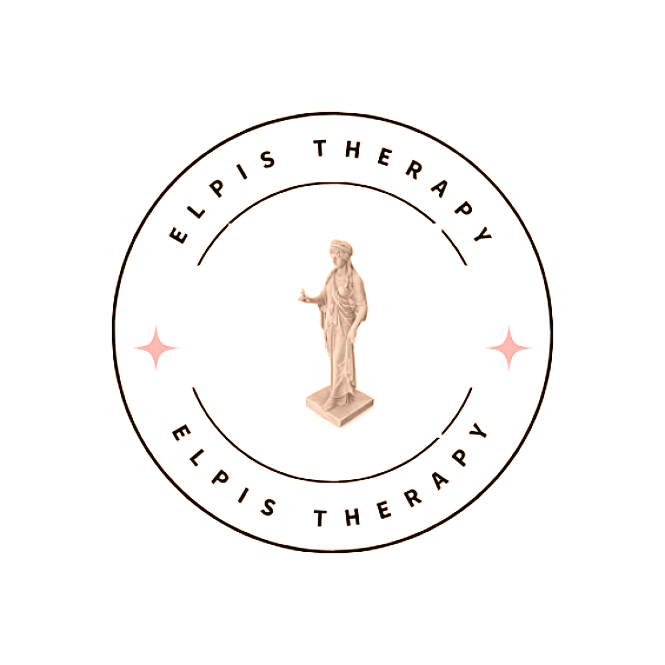The biggest fears of a self-absorbed person
At first glance, a self-absorbed person may appear confident, charming, and even larger-than-life. They often exude certainty, success, and charisma. But beneath this carefully curated image lies a fragile and vulnerable inner world—driven not by genuine self-worth, but by deep-seated fears and unmet needs.
Contrary to their outward display of superiority, self-absorbed people are profoundly afraid - of exposure, rejection, abandonment, and irrelevance. These fears are often unconscious, buried beneath layers of defense mechanisms designed to protect their fragile sense of self.
Here are some of the deepest and most pervasive fears self-absorbed people carry:
1. Fear of Exposure: “What if they see the real me?”
At the core of self-absorption is a false self - a persona constructed to gain approval, admiration, and validation. This false self hides a fragmented inner world, often filled with shame, self-doubt, and a deep sense of inadequacy. Their greatest fear is being found out - not as perfect, intelligent, or lovable as they pretend.
This fear drives many behaviors: defensiveness, projection, blame-shifting, and manipulation. Even constructive feedback can feel like a threat to their identity.
2. Fear of Rejection and Abandonment: “I can’t be alone.”
Despite their bravado, self-absorbed people are terrified of being left. Their relationships are often based not on mutuality or intimacy, but on validation - the emotional energy they extract from others to maintain their self-image.
If someone pulls away or challenges their narrative, it threatens their inner sense of worth. The fear of abandonment often results in control, manipulation, or emotional coercion. Beneath the superiority is a profound dependency masked by dominance.
3. Fear of Irrelevance: “Do I even matter?”
A self-absorbed person’s self-worth is tied to external markers: attention, beauty, success, and admiration. They fear becoming invisible - no longer impressive, desirable, or important to others.
This can manifest as relentless competition, attention-seeking, or a desperate need to be seen as exceptional. Aging, illness, or being overshadowed can trigger intense envy, rage, or depression.
4. Fear of Powerlessness: “I must be in control.”
Control is central to a self-absorbed person’s sense of safety. Whether over people, situations, or narratives, control helps them avoid feeling vulnerable or internally out of control.
When they lose control, they may feel weak, exposed, or humiliated. This fear can lead to emotional outbursts, intimidation, or silent treatment - strategies designed to regain dominance.
5. Fear of Being Ordinary: “I need to be special.”
Self-absorbed people often believe they are unique and destined for greatness. The idea of being average or just “one of many” is unbearable.
Being ordinary threatens their entire identity, implying they are no more valuable or important than anyone else - intolerable for the ego-driven false self.
6. Fear of Shame: “I can’t face my flaws.”
Perhaps the deepest fear is shame - the unbearable belief that something is fundamentally wrong or unlovable within them. Unlike guilt, which relates to behavior, shame attacks identity.
To avoid confronting shame, self-absorbed people project it outward. They may harshly criticize others, deny responsibility, or rewrite reality. Inside, the fear of being shamed, humiliated, or seen as defective drives many destructive patterns.
What Lies Beneath: A Fragmented Self
Self-absorption is not confidence - it is a survival strategy rooted in early wounds, often formed in childhood environments where love was conditional, emotions were unsafe, or the child had to become someone else to be accepted.
Their behaviors, while often harmful to others, are attempts to manage intolerable internal experiences. They are trying to survive their pain using the only tools they believe will keep them safe: control, perfection, detachment, and dominance.
Can Self-Absorbed People Heal?
Yes - but only if they are willing to look inward, question the persona they’ve constructed, and feel the emotions they’ve spent a lifetime avoiding. Healing requires confronting shame, developing empathy, and learning to sit with vulnerability rather than defending against it.
Therapeutic approaches such as Internal Family Systems (IFS), psychodynamic therapy, or trauma-informed care can support this deep inner work. But for true change, a self-absorbed individual must feel safe enough - and willing enough - to confront what they fear most: their authentic, unprotected self.
Final Thoughts
Understanding the fears that drive self-absorbed behavior doesn’t excuse harm, but it can offer clarity and compassion - especially for those navigating relationships with self-absorbed individuals.
The path forward is not about fixing them, but about setting boundaries, protecting your own inner world, and recognizing that true healing begins when we all dare to face what we fear within ourselves.
